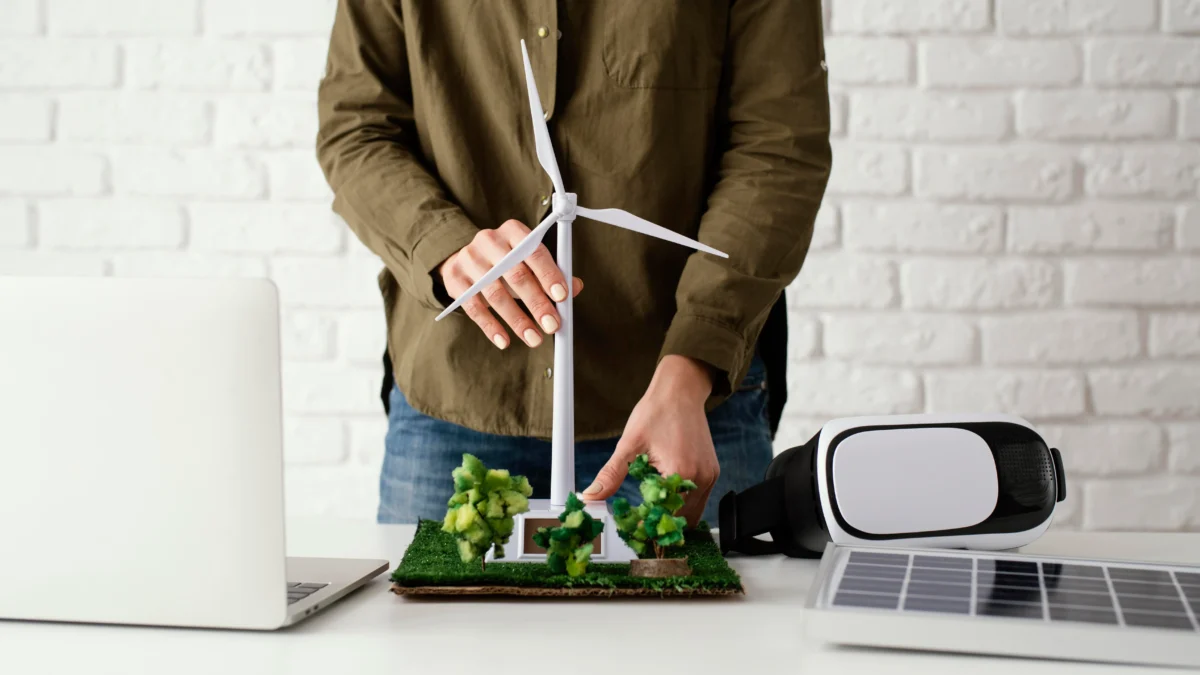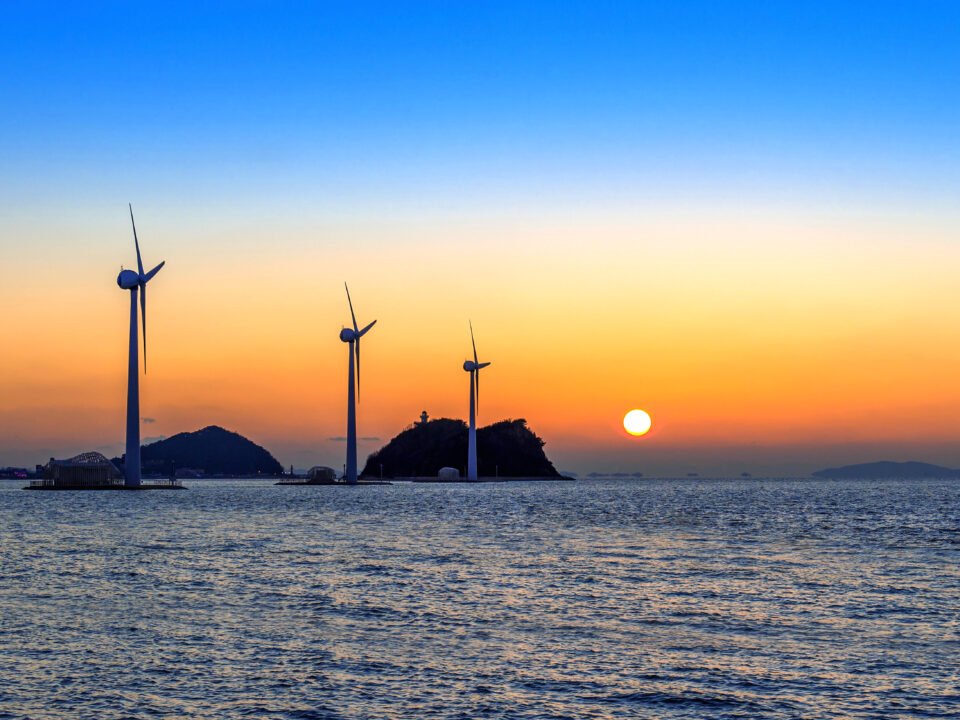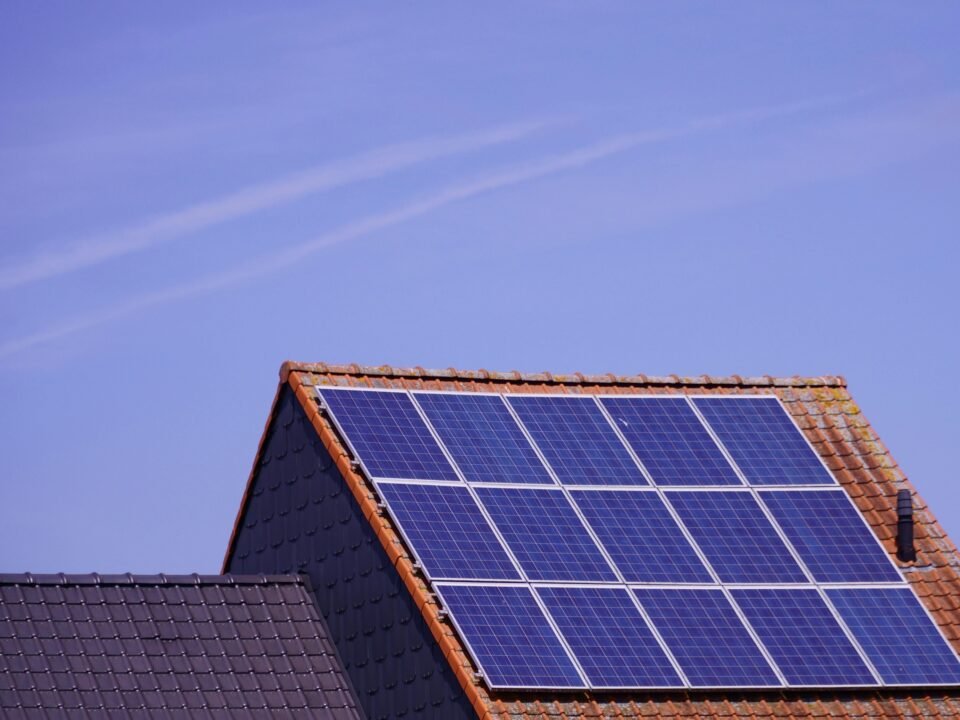As the world increasingly turns to sustainable energy solutions, many homeowners and businesses are exploring alternatives to traditional power sources. One such innovation gaining popularity is the green generator—an eco-friendly alternative designed to provide backup or continuous power with minimal environmental impact. But is a the right choice for your home or business? Let’s dive deep into the concept, benefits, types, and considerations before making your decision.
What is a Green Generator?
A green generator is a power-generating device that runs on renewable or cleaner energy sources such as solar, wind, biofuel, or hydrogen rather than fossil fuels like diesel or gasoline. These generators are designed to reduce greenhouse gas emissions, lower operational costs in the long run, and contribute to a cleaner, more sustainable environment.
Unlike traditional generators, which rely on burning fossil fuels and release harmful pollutants into the air, green generators focus on reducing carbon footprints and supporting renewable energy infrastructure.
Benefits of a Green Generator
1. Environmentally Friendly
The most significant advantage of a green generator is its minimal impact on the environment. These systems emit little to no carbon dioxide or other harmful pollutants, helping you lower your environmental footprint.
2. Cost Efficiency Over Time
While the initial investment for a green generator can be higher than a traditional model, the long-term savings are notable. Solar generators, for instance, draw energy from the sun—a free and inexhaustible resource. Over time, you save significantly on fuel costs.
3. Low Maintenance
Green generators typically have fewer moving parts than their fuel-based counterparts. For example, solar-powered generators do not require oil changes or engine maintenance, which reduces maintenance costs and effort.
4. Noise Reduction
Traditional fuel-powered generators are known for being loud. Many green generator options—especially solar or battery-based units—operate silently, making them ideal for residential areas or quiet business settings.
5. Energy Independence
By generating your own power, you reduce your reliance on the grid. This is especially beneficial during power outages, natural disasters, or in remote areas where grid connectivity is limited or unreliable.
Types of Green Generators
1. Solar Generators
These are the most popular type of green generator. They use solar panels to absorb energy from the sun and store it in batteries for later use. Perfect for homes, RVs, and small businesses, solar generators are quiet, clean, and efficient.
2. Wind Generators
Though more commonly used on a larger scale, small wind turbines can power homes or farms. These generators use wind energy to produce electricity, offering a reliable solution in areas with consistent wind patterns.
3. Biofuel Generators
These generators run on biofuels derived from organic materials such as vegetable oil, animal fat, or even algae. While they do emit some gases, the emissions are significantly lower than fossil fuel alternatives.
4. Hydrogen Fuel Cell Generators
Hydrogen generators use a chemical reaction between hydrogen and oxygen to produce electricity. While still emerging in the consumer market, this technology holds promise for both large-scale and portable power solutions.
Use Cases: Home vs. Business
For Homes
- Backup Power: A solar green generator can serve as an excellent backup power source during grid failures.
- Off-Grid Living: In rural or remote areas, green generators enable off-grid living by providing sustainable electricity.
- Eco-Conscious Households: Families aiming to reduce their carbon footprint often install green generators alongside solar panels for energy storage.
For Businesses
- Energy Savings: Reducing dependence on the grid lowers energy bills and operating costs.
- Corporate Social Responsibility: Adopting green technology enhances your brand’s reputation as environmentally conscious.
- Continuity of Operations: In industries where power outages can be costly, green generators provide a reliable backup.
Considerations Before Choosing a Green Generator
1. Initial Cost
While the lifetime savings are significant, upfront costs can be a barrier. Evaluate your budget and explore government incentives or rebates for renewable energy investments.
2. Energy Needs
Calculate your average energy consumption to choose a green generator with adequate capacity. Oversizing or undersizing can affect performance and cost-efficiency.
3. Location
For solar and wind generators, location is crucial. A shaded or low-wind area might not produce enough energy. Ensure your site is suitable for the technology you choose.
4. Battery Storage
Many green generators work in tandem with battery systems to store power for later use. Assess your need for energy storage, especially if you plan to use the generator at night or during power outages.
5. Regulatory Compliance
Check local regulations and permits required for installing renewable energy systems. Some areas may have restrictions or guidelines that influence your setup.
Real-World Examples
Many residential communities have already embraced green generators. In California, where wildfires often disrupt the grid, homeowners have adopted solar generators with battery backups. Similarly, small businesses in developing regions are using green generators to power operations in areas with inconsistent grid access.
Major companies like Google and Apple have also incorporated renewable energy and green backup systems into their infrastructure to power data centers and offices, leading the way in sustainable business practices.
The Future of Green Generators
The market for green generators is expected to grow rapidly as technology advances and public awareness about climate change increases. As costs decline and efficiency improves, more people and businesses are likely to make the switch from traditional generators.
Innovations like hybrid systems, smart energy management, and modular generators will soon make green power more accessible and customizable for different needs and budgets.
Final Verdict: Is a Green Generator Right for You?
If you’re looking to invest in sustainable energy, reduce your carbon footprint, and ensure power security, a green generator is a smart and forward-thinking choice. Whether for home or business use, the environmental and economic benefits make it a worthwhile investment.
However, it’s essential to assess your unique needs, location, and budget before making the transition. Consulting with a renewable energy expert can help you design a system tailored to your situation.



